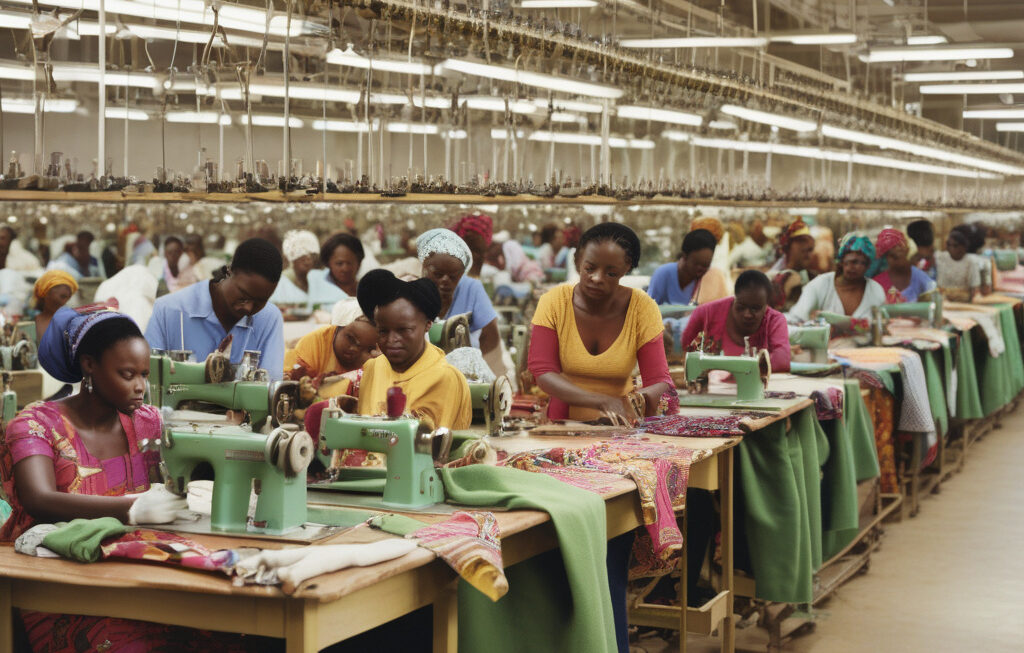Apparel Manufacturing Countries Seek to Negotiate With Trump on Tariffs
The global apparel industry is facing a significant challenge as the United States under President Trump’s administration has imposed tariffs on a wide range of goods, including fashion and footwear. This move has sparked concerns and uncertainties among Asian manufacturing hubs such as Vietnam, Indonesia, Cambodia, and India, which are major players in the apparel manufacturing sector.
Despite the potential impact of these tariffs on their economies, these countries have taken a diplomatic stance by expressing their willingness to negotiate with the Trump administration rather than retaliate. This strategic decision highlights their commitment to maintaining a stable and mutually beneficial trade relationship with the United States.
Vietnam, known for its strong manufacturing capabilities and competitive labor costs, has emerged as a key player in the global apparel industry. The country has been a popular choice for many fashion brands and retailers looking to diversify their sourcing options. With the threat of tariffs looming, Vietnam has signaled its openness to engaging in discussions with the U.S. to address concerns and explore potential concessions.
Similarly, Indonesia, Cambodia, and India have also expressed their willingness to participate in negotiations with the U.S. government. These countries play vital roles in the global supply chain for apparel and footwear, offering a diverse range of products and services to meet the demands of international markets. By demonstrating their readiness to engage in dialogue, they aim to find amicable solutions that will safeguard their interests while upholding trade relations with the U.S.
The decision of these apparel manufacturing countries to seek negotiations rather than retaliation reflects a pragmatic approach to dealing with the challenges posed by the tariffs. Instead of escalating tensions through tit-for-tat measures, they are opting for constructive dialogue and compromise to address the issues at hand.
In the midst of these negotiations, it is essential for all parties involved to consider the broader implications of their actions. The global apparel industry is highly interconnected, with supply chains spanning multiple countries and regions. Any disruptions or barriers to trade can have far-reaching consequences, impacting businesses, workers, and consumers worldwide.
As the discussions unfold, it is crucial for transparency, cooperation, and goodwill to guide the negotiations. By fostering an environment of trust and understanding, apparel manufacturing countries and the U.S. can work together to find mutually acceptable solutions that promote fair trade practices and support the growth of the industry.
In conclusion, the willingness of Asian manufacturing hubs such as Vietnam, Indonesia, Cambodia, and India to negotiate with the Trump administration on tariffs demonstrates their commitment to finding peaceful resolutions to trade disputes. By opting for dialogue over confrontation, these countries are setting a positive example for international trade relations in the apparel industry and beyond.
tariffs, negotiations, apparel manufacturing, global trade, fashion industry











